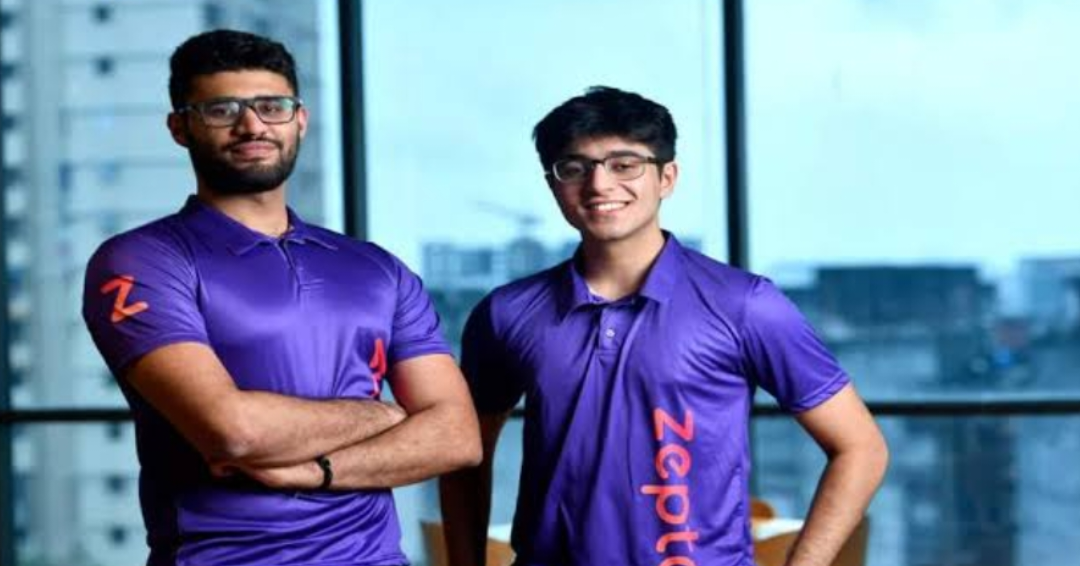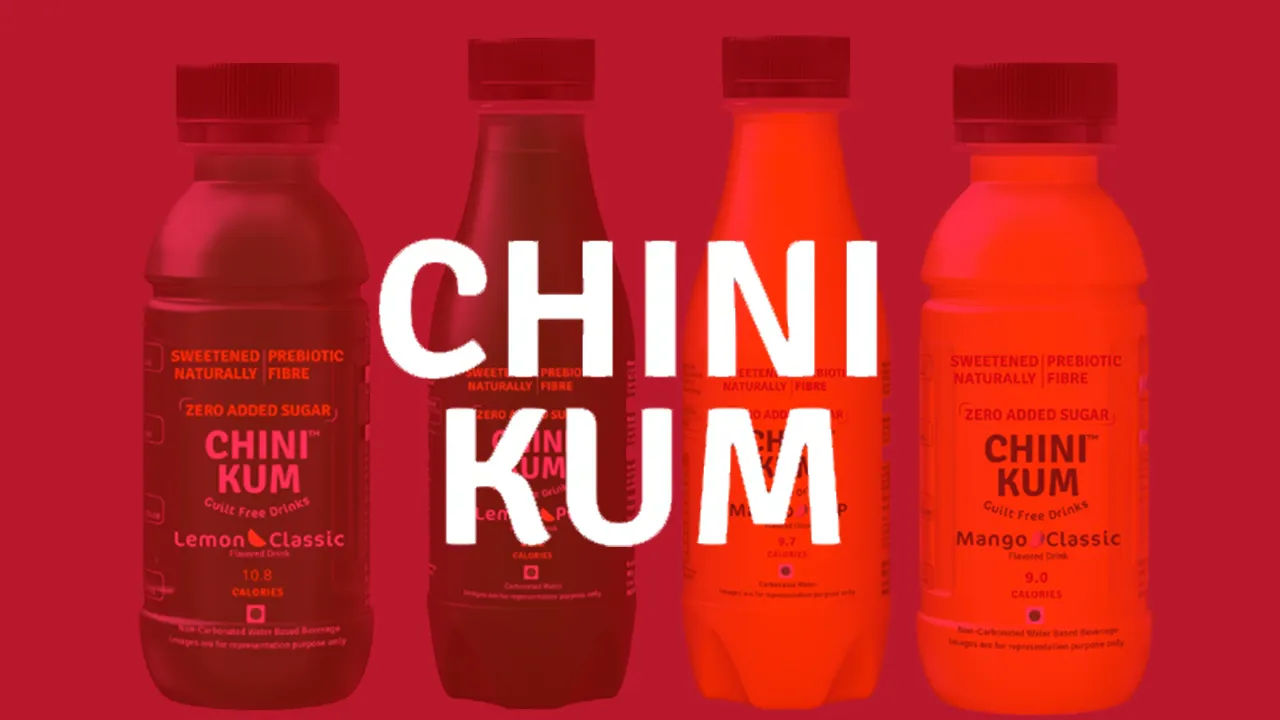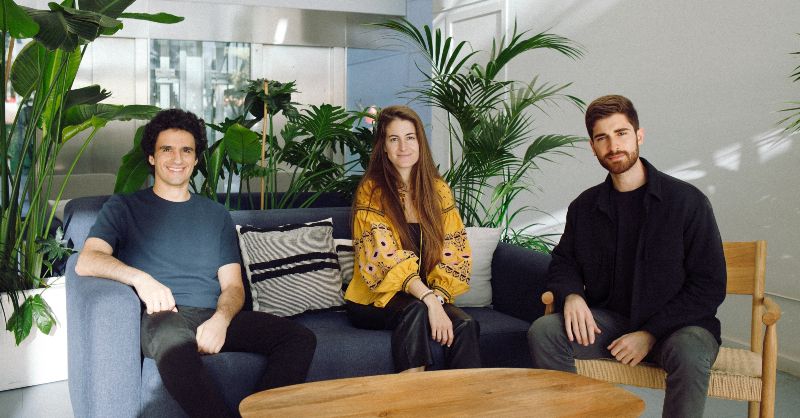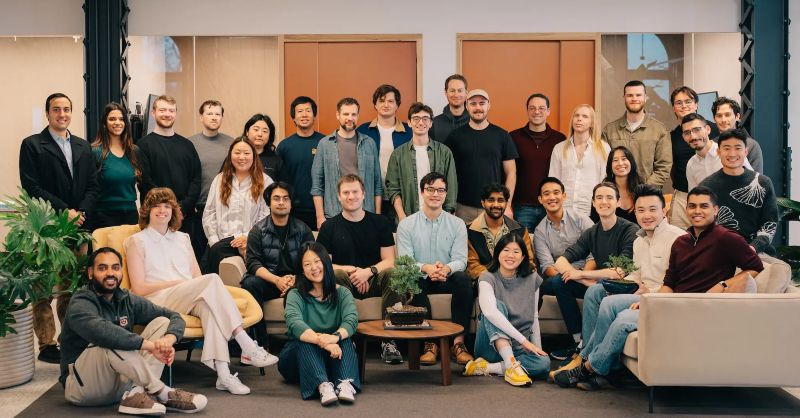Zepto Expanding Zepto Cafe Service to Major Indian Cities After Securing $200M Funding
- ByStartupStory | August 26, 2023

Zepto, a hyperlocal grocery delivery startup, has revealed plans to expand its Zepto Cafe service to major Indian cities like Delhi-NCR, Bengaluru, and Hyderabad by June 2024. This announcement comes shortly after the company secured a $200 million funding round at a valuation of $1.4 billion. Aadit Palicha, the Co-founder and CEO of Zepto, stated in a media briefing that the startup aims to extend the Zepto Cafe concept to other cities once they have perfected its operational efficiency. The initial launch of Zepto Cafe took place in Mumbai as a pilot project in April of the previous year. The service focuses on providing fast deliveries of food items such as tea, coffee, samosas, and croissants, in addition to groceries.
The core idea behind Zepto Cafe is to offer both groceries and snacks simultaneously, similar to the experience of grabbing coffee and ready-to-eat items from a convenience store in the US. When you step into a 7-Eleven store in the US, you could essentially do this…have coffee and buy some ready-to-eat snacks. That’s what we also want to provide through a quick format,” Aadit Palicha, Co-Founder and Chief Executive Officer (CEO), Zepto, told Sources in an interaction earlier.
Palicha emphasized that the inclusion of Zepto Cafe, though a smaller category, is expected to increase average order values (AOV) as customers are likely to combine grocery and snack orders. This category also yields higher margins compared to fast-moving consumer goods (FMCG) products, which contributes to Zepto’s pursuit of profitability. The company’s current AOV stands at Rs 400-450, with a year-on-year growth of 40%.
However, the Zepto Cafes, functioning as mini cloud kitchens within dark stores and sourcing from brands like A1 Samosa, Chaayos, Blue Tokai, and Rachel’s Sassy Teaspoon, demand meticulous operational management. The company plans to enhance operational efficiency to facilitate its path to profitability. Preparation time at the cafe currently takes 15 minutes, a duration they aim to reduce to 10 minutes through scale and optimization.
While Zepto has plans to venture into other e-commerce categories such as electronics, beauty, pharmacy, and meat, they intend to do so once they achieve EBITDA positivity and generate sales exceeding $1 billion. Palicha asserted that despite diversification, grocery will remain the primary focus due to its significance as a category.
“Grocery is the mother of all categories. It is bigger than all categories including electronics, furniture, etc. combined. Grocery is our DNA and we will continue prioritizing,” he noted.
With a vision to attain EBITDA-level profitability within the next 12-15 months, Zepto highlighted that most of its 200+ dark stores are already profitable. The startup, backed by Y Combinator, envisions an IPO by early 2025 and views the recent funding round as a preparatory phase for this step. Palicha mentioned that the raised capital will be invested in stores, expecting them to generate revenue over the coming months and contribute to the journey towards profitability.
“The thought process behind raising the capital ($200 million) is to make investments in stores in the next 1-3 months. In the next 9-12 months, the investment will generate money and fuel our journey to profitability,” Palicha said.
Although running dark stores incurs substantial capital expenditure and potential cash burn, Zepto has managed to reduce its burn by 70% compared to the previous year. This positive trajectory is attributed to improvements in sourcing efficiency, dark store productivity, and supply chain optimization.









